Search
Did you mean: Samo?
Search Results

Article
Christianity in Japan
Christianity arrived in Japan in 1549 when Jesuits first set foot in Kagoshima. Initial attempts to spread the religion were met with confusion; however, through employing various methods, they began to see success. However, by 1650, Christianity...
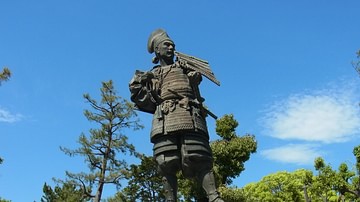
Definition
Oda Nobunaga
Oda Nobunaga was the foremost military leader of Japan from 1568 to 1582. Nobunaga, along with his two immediate successors, Toyotomi Hideyoshi (1537-1598) and Tokugawa Ieyasu (1543-1616), is credited with unifying medieval Japan in the second...
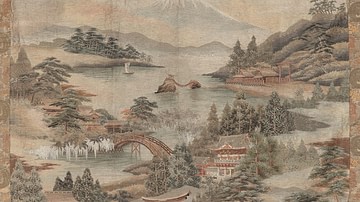
Definition
Meiji Period
The Meiji period refers to the period in Japanese history from 1868 to 1912 during which the Meiji Emperor reigned. Following the overthrow of the Tokugawa shogunate in the Meiji Restoration of 1868, Japan's new leaders embarked on a program...
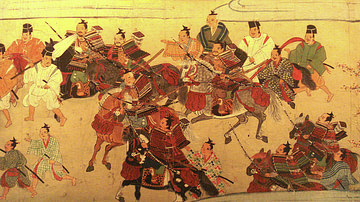
Definition
Muromachi Period
The Muromachi Period (Muromachi Jidai, 1333-1573 CE) refers to the period of Japanese medieval history when the Ashikaga shogun capital was located in the Muromachi area of Heiankyo (Kyoto). Replacing the Kamakura Shogunate (1192-1333 CE...
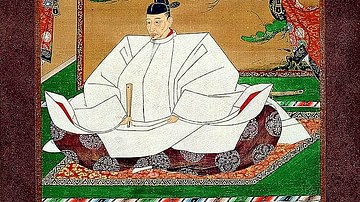
Definition
Toyotomi Hideyoshi
Toyotomi Hideyoshi (1537-1598 CE) was a Japanese military leader who, along with his predecessor Oda Nobunaga (1534-1582 CE) and his successor Tokugawa Ieyasu (1543-1616 CE), is credited with unifying Japan in the 16th century CE. Hideyoshi...
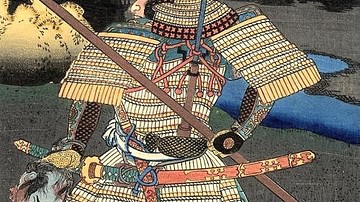
Definition
Samurai
The samurai (also bushi) were a class of warriors that arose in the 10th century in Japan and which performed military service until the 19th century. Elite and highly-trained soldiers adept at using both the bow and sword, the samurai were...
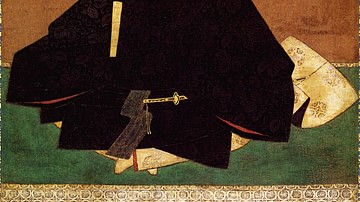
Definition
Shogun
The shoguns of medieval Japan were military dictators who ruled the country via a feudal system where a vassal's military service and loyalty was given in return for a lord's patronage. Established as an institution by the first shogun proper...
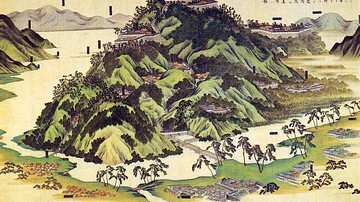
Definition
Azuchi-Momoyama Period
The Azuchi-Momoyama Period (Azuchi-Momoyama Jidai, aka Shokuho Period, 1568/73 - 1600 CE) was a brief but significant period of medieval Japan's history which saw the country unified after centuries of a weak central government and petty...

Quiz
Feudal Japan
Feudal Japan Medieval Regent Figurehead Shinto Clan Court Zen Buddhism Daimyo Samurai Shogun Bushido Ronin Wako Kana system Za Kamikaze
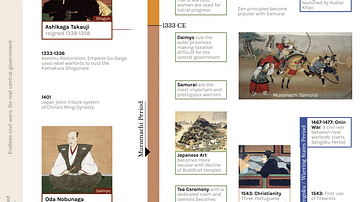
Image
Timeline of Medieval Japan
Illustrated timeline of Medieval Japan, showing the evolution of feudal society, religion, government and military through several periods: Kamakura Period (1185 - 1333) Muromachi Period (1333 - 1573) Sengoku Period (1467 - 1567...